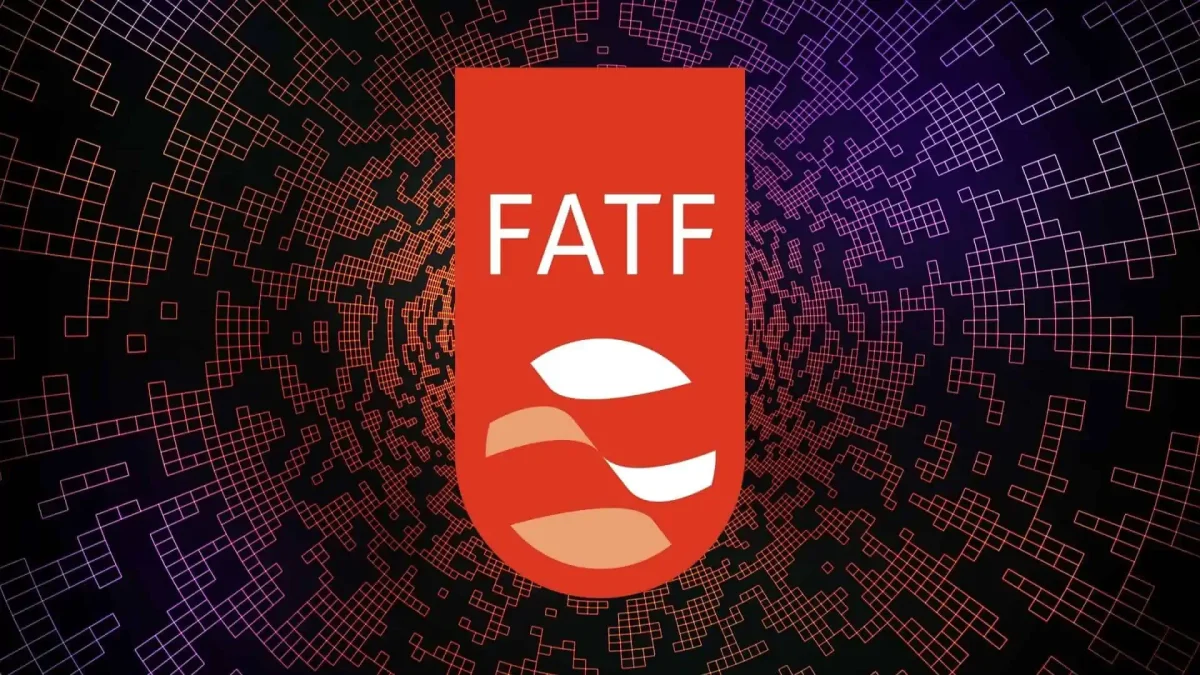Nigeria has earned international recognition for its progress in combating financial crime and strengthening its financial system, following favourable assessments from the Financial Action Task Force (FATF). This recognition marks a key milestone in the country’s engagement under the FATF’s International Cooperation Review Group (ICRG) process.
In a statement issued by the Nigerian Financial Intelligence Unit (NFIU), authorities confirmed that the country had made “substantial progress” in meeting the requirements outlined in its FATF Action Plan. This achievement has opened the door to an on-site visit by the FATF Africa Joint Group, which will verify not only the existence of the reforms but also their sustainability and political support.
As the national coordinator of the FATF ICRG process, the NFIU credited a wide range of stakeholders for Nigeria’s advancement. The combined efforts of government agencies, regulatory bodies, law enforcement, the judiciary, and private sector actors were acknowledged as instrumental in pushing Nigeria closer to exiting the FATF’s so-called “grey list.”
Special commendation was given to President Bola Ahmed Tinubu GCFR and key members of the Federal Executive Council—particularly the Attorney-General of the Federation and the Ministers of Finance, Economy, and Interior—whose leadership was seen as critical in accelerating the reform process.

The NFIU stated that these collective efforts have significantly improved Nigeria’s ability to detect, investigate, and prosecute complex financial crimes, including money laundering and terrorism financing. Among the most notable reforms were increased transparency around beneficial ownership, which makes it harder for criminals to hide behind anonymous corporate entities, and updated national risk assessments that offer a clearer understanding of the country’s financial vulnerabilities.
In addition, the introduction of more robust risk-based supervision across both financial institutions and designated non-financial sectors has enhanced oversight and compliance.
“These reforms demonstrate Nigeria’s firm commitment not just to exiting the grey list, but to embedding a robust and resilient AML/CFT system that protects the integrity of our financial sector,” the NFIU stated.
With an on-site assessment now on the horizon, the agency urged all relevant stakeholders to sustain the momentum and ensure that reforms are not only upheld but fully institutionalised. The upcoming evaluation will be critical in determining whether Nigeria’s progress is sufficient for removal from the grey list.
Demonstrating a spirit of regional cooperation, Nigeria also extended its congratulations to South Africa, Mozambique, and Burkina Faso, each of which has recorded significant advances in their own FATF action plans.
The NFIU reaffirmed its commitment to aligning with global Anti-Money Laundering, Combating the Financing of Terrorism, and Countering the Financing of Proliferation (AML/CFT/CPF) standards. It called on partners to continue supporting reforms that enhance the credibility of Nigeria’s financial system, attract investment, and bolster international confidence.


 Trending
Trending 